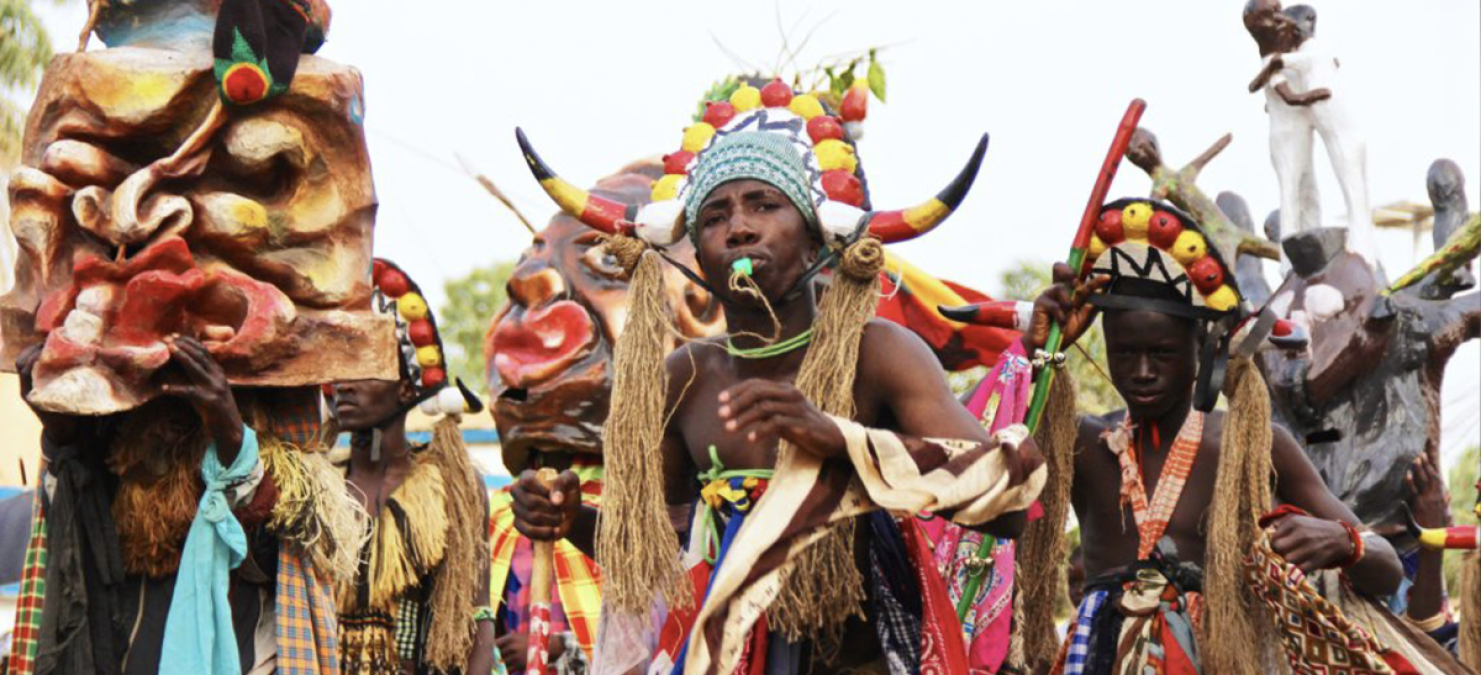Guinea-Bissau had been under Portuguese control since the 19th century. A movement for national self-determination was gaining ground across Africa in the 1950s and Guinea-Bissau was no exception.
In 1956, Amilcar Cabral established the African Party for the Independence of Guinea and Cape Verde (PAIGC). Favouring independence by non-violent means, the first major act of the PAIGC was to instigate a strike for better salaries at the Pidjiguiti Docks of the Port of Bissau.
On August 3rd 1959, a large number of dock-workers came to support the strike action and took control of the port to stop it from operating.
The security forces launched an offensive to recapture the port from the strikers, and when they broke through the gate, the PIDE (International and State Defense Police) opened fire, killing 50 people and injuring many hundreds. The PIDE also arrested and tortured other protestors.
The terrible events of the “Massacre of Pidjiguiti” proved to be a milestone in the history of the country as it made the PAIGC reconsider their strategy, with an armed struggle eventually replacing the peaceful approach.
The military campaign began in 1963, launching the war of independence, which would rage until 1974 when Guinea-Bissau finally gained independence from Portugal.
